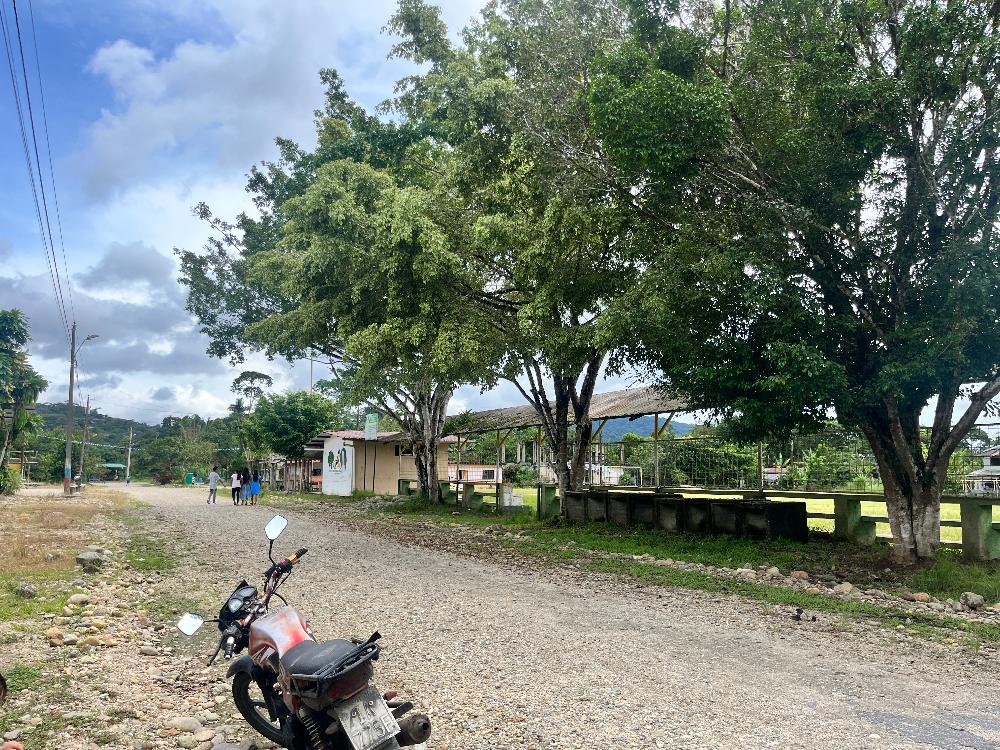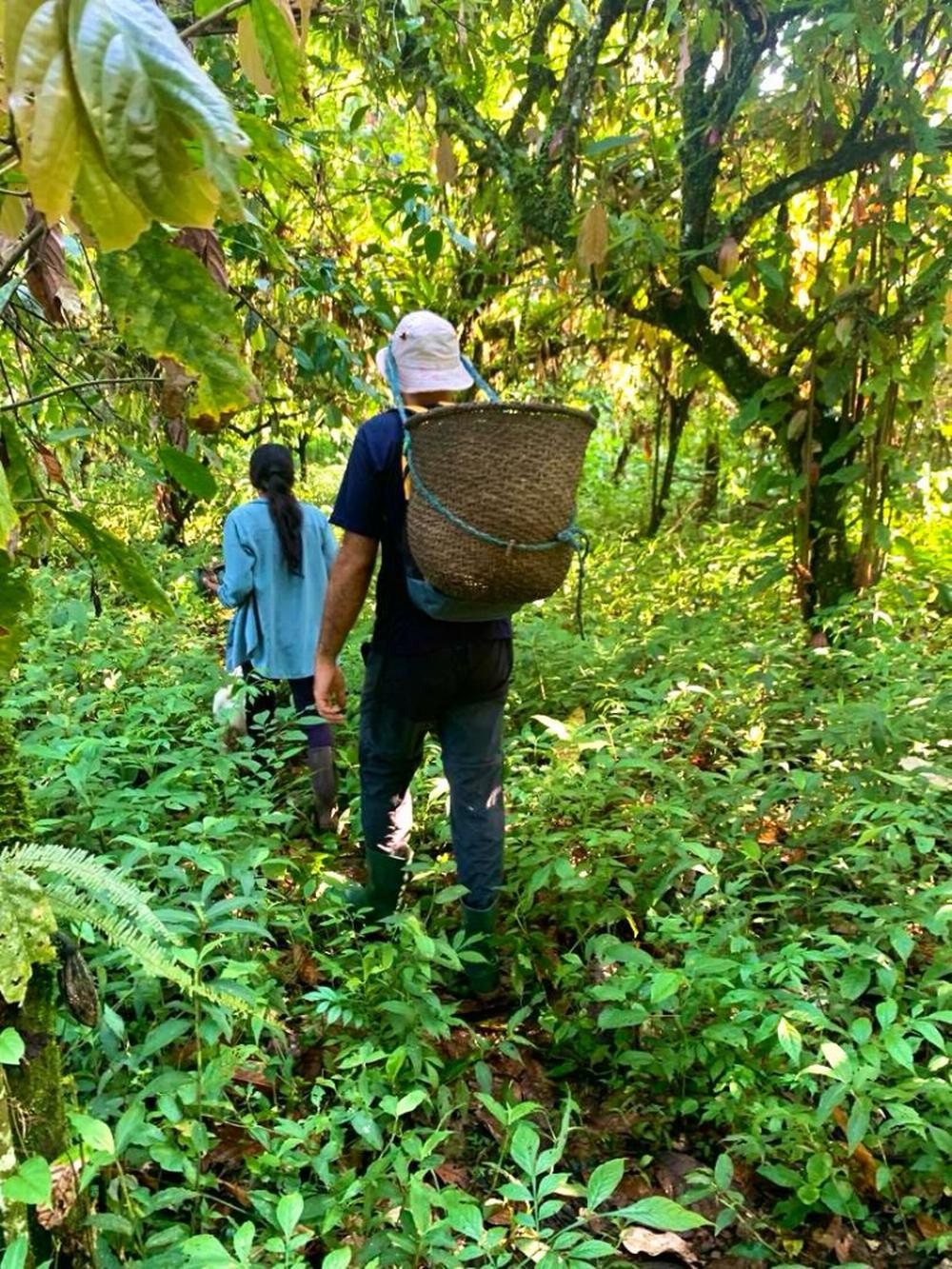 About Manna Project International
About Manna Project International
Manna Project International (MPI), a US-based nonprofit organization operating health, education, and economic empowerment programs in Ecuador, is looking for Program Coordinators (PCs) and interns to strengthen our on-site team in rural, Amazonian Ecuador to create sustainable grassroots programming that addresses the challenges and needs in the community. Interns will generally serve for 5-10 weeks and Program Coordinators generally serve for 3-6 months. Since 2004, Manna Project International has fostered communities of talented young leaders to become the next generation of social change agents by engaging in collaborative, on-the-ground service with international communities in need. MPI focuses on building cross-cultural relationships with local residents, partner organizations, community leaders while creating and implementing small, start-up community programs and develops our short-term and long-term volunteers and Program Directors through challenging field work, active skills building, and hands-on leadership opportunities over the course of their service. For more background on MPI, please visit our website, www.mannaproject.org.
Overview of the Role
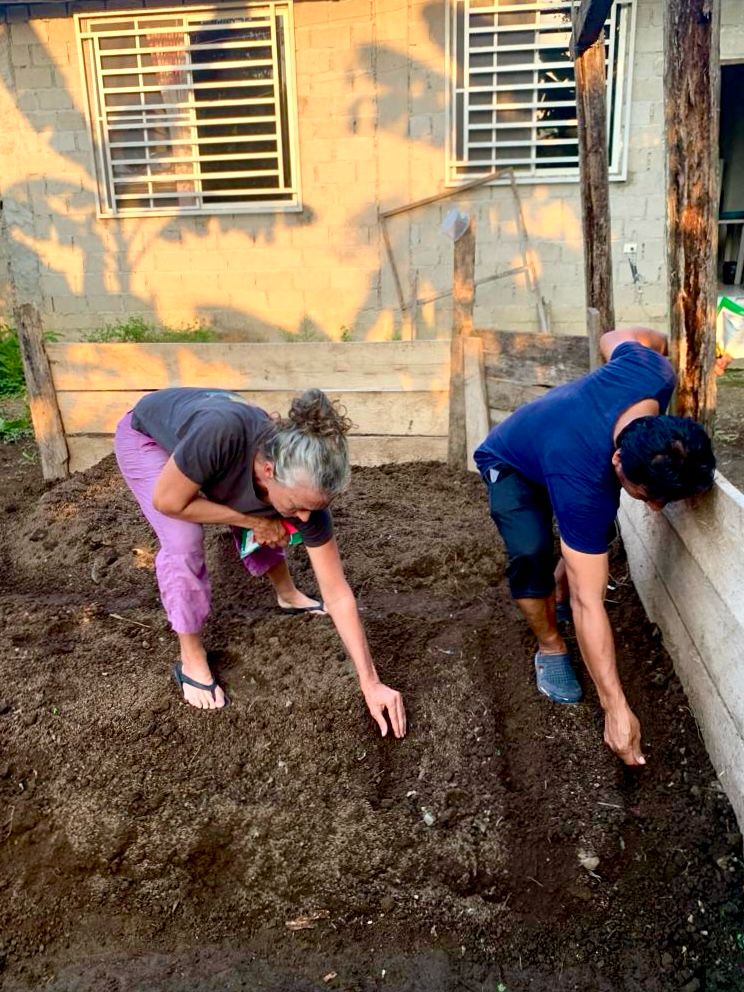
This internship was created to support community-led initiatives whilst creating a once in a lifetime opportunity to get hands-on experience and mentoring in your future career track. During your internship, you will experience life and work alongside other young leaders from around the world as well as our large network of Kichwa community members all while being surrounded by one of the world's most amazing rainforests, complete with biodiversity, flora, fauna, and fantastic views. You will have the flexibility to support new programs and conduct personal research where the community's vision intersects with your own education, passions and interests. By the time you'll leave, you'll have created a community in Ecuador and internationally and have a much stronger sense of who you are and what drives you.
What a Sustainability and Ecotourism Internship might look like
- Conduct market research on ecotourism trends and competitors in the region.
- Assist in creating marketing materials such as brochures, flyers, and social media content to promote local ecotourism businesses.
- Help develop and implement digital marketing strategies to reach potential tourists alongside different community leaders.
- Collaborate with local entrepreneurs to identify unique selling points and develop marketing messages that resonate with target audiences.
- Support the organization of ecotourism events, workshops, or community outreach programs to raise awareness, attract visitors, and create learning opportunities.
- Monitor and analyze the effectiveness of marketing campaigns, providing recommendations for optimization.
- Assist in building partnerships with travel agencies, tour operators, and other stakeholders to expand the reach of ecotourism offerings.
- Assist in developing eco-paths and eco-trails for use in the local education system and for tourism.
- Teach English classes to industry professionals.
- Build relationships in the community to further expand sustainability programming.
Some of the projects you might be supporting
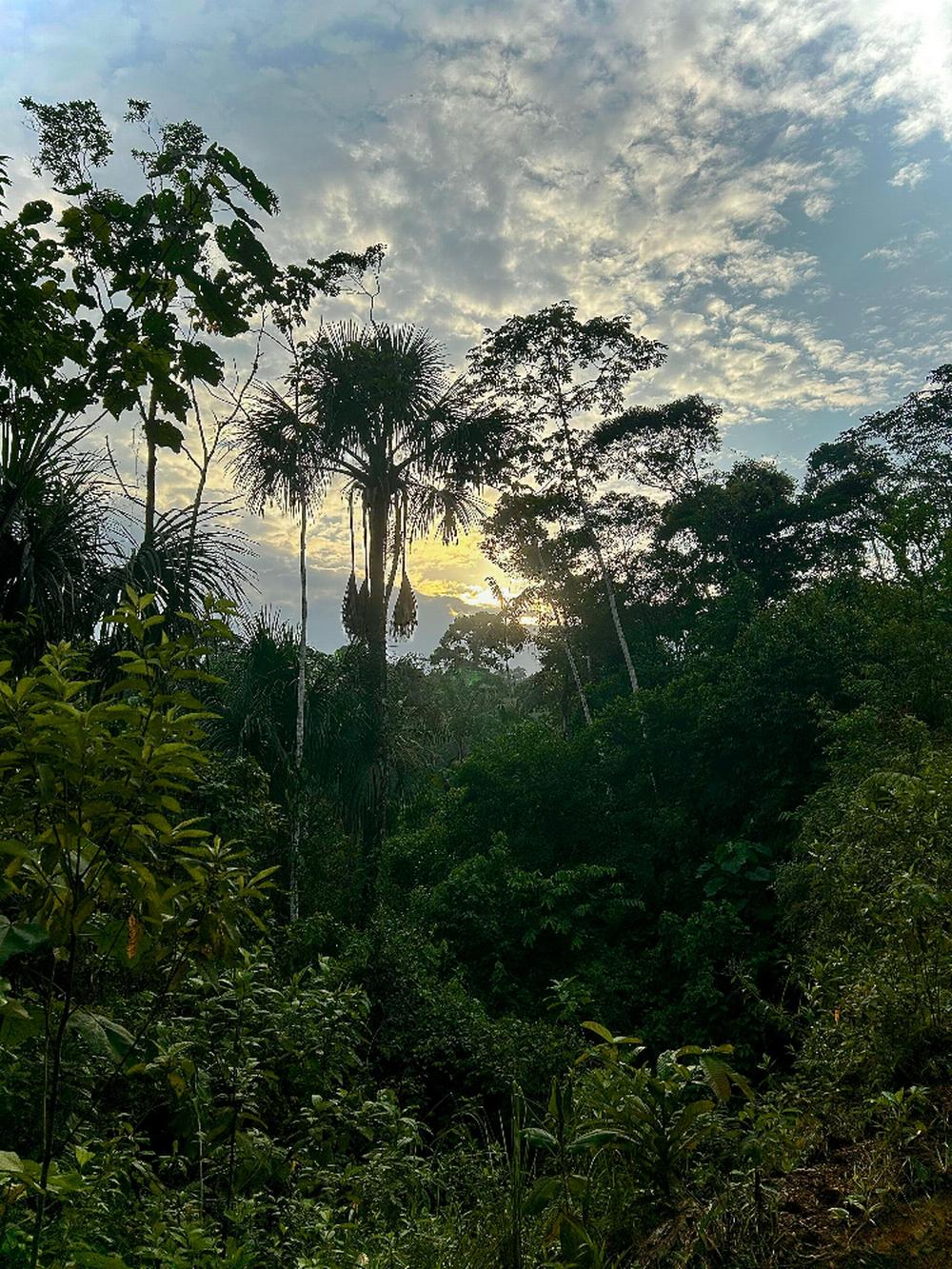 Project: Ecotourism Support
Project: Ecotourism Support
Ecuador, and especially the community of Shandia, have high rates of poverty. Ecotourism has been identified by the community as a way to offer new economic livelihood opportunities in the community while simultaneously supporting ethical sharing of culture and way of life. In order to support the local economy / livelihoods in Shandia, we as MPI aim to assist with knowledge transfer on sustainable tourism, marketing and economic principles to equip local entrepreneurs with the skills to sustainably build and maintain their own businesses.
Objectives
Economic empowerment is important to supporting a community that is holistically sustainable and is just one part of the puzzle. Ecotourism is a sustainable way to continue economic opportunities in the community that builds on infrastructure already available in the community and projects, including the local eco-lodge, and offers a collaborative program and learning opportunity.
An important piece of ecotourism is also preserving and caring for the environment. In collaboration with the community, we are striving to create a greener and more environmental Shandia holistically. This program also aims to address ongoing challenges to the community of Shandia and preserve the beautiful nature of the Amazon Rainforest.
Identified needs of the community
There is a high percentage of Ecuadorians living on less than $3.20/day. Tourism is a strong economic sector that is growing in the Amazon Rainforest that allows for new income opportunities to reduce poverty and increase local standard of living. The community has no access to recycling and there is a high rate of littering and other harmful activity that hinders environmental process in the community, often due to lack of access and education.
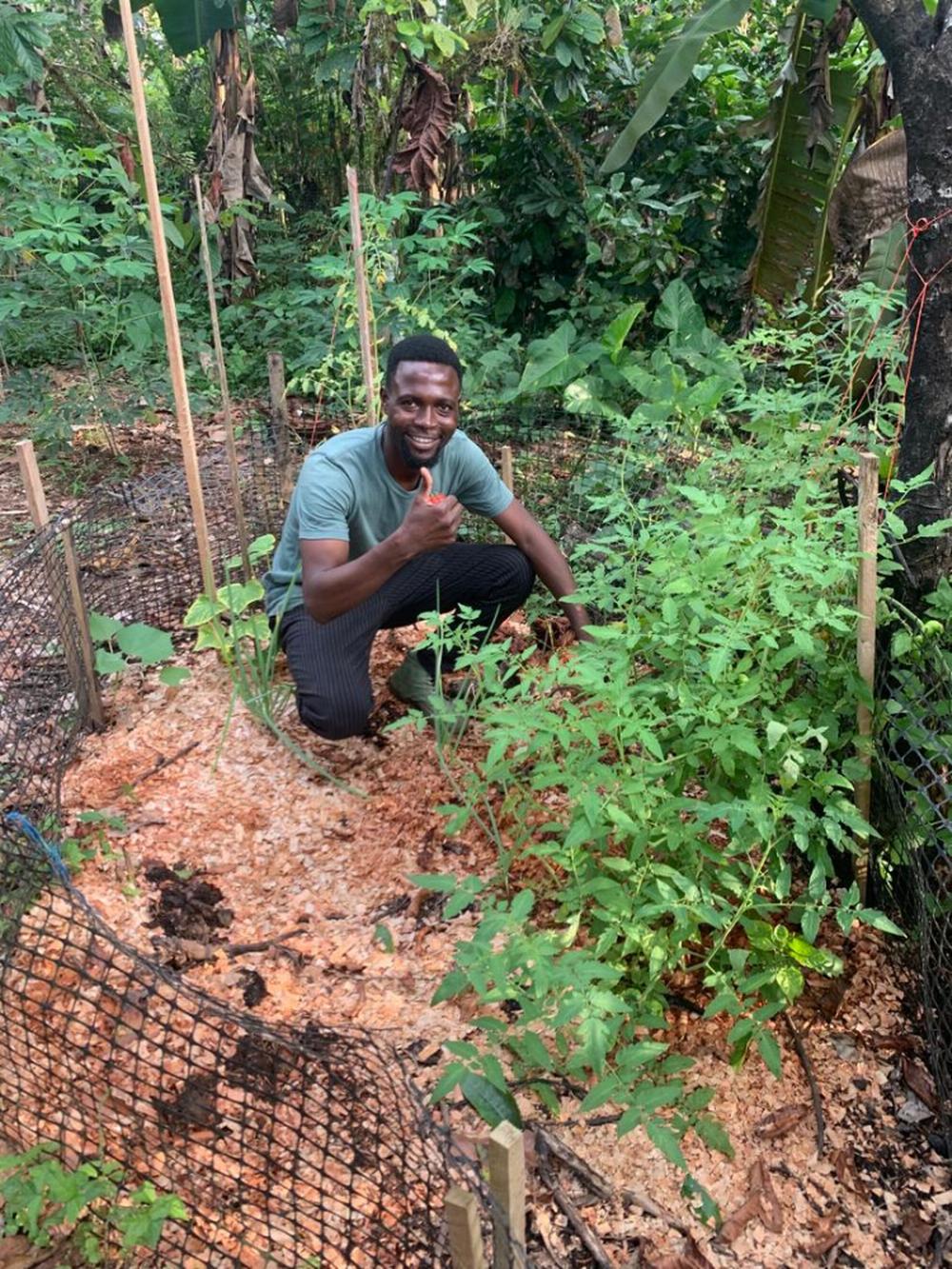 Project: Agricultural Knowledge + Experience Share
Project: Agricultural Knowledge + Experience Share
The Agricultural Knowledge and Experience Exchange Program aims to foster cross-cultural learning and collaboration within the agricultural sector. It acknowledges the wealth of experience held by farmers, agricultural professionals, and communities worldwide and seeks to enhance agricultural practices, promote sustainable development, and build resilient communities worldwide through the exchange of these experiences.
Objectives
Enhance knowledge sharing: Facilitate the exchange of agricultural knowledge and experiences among participants.
Promote diversification: Encourage the adoption of diverse agricultural practices to increase resilience and sustainability.
Encourage sustainable farming practices: Support the implementation of environmentally friendly and economically viable farming methods.
Identified Needs of Community
The program targets 8 families initially, aiming to assess progress and performance to inform future decisions regarding program continuation, modification, or termination. It addresses the need for improved sustainable farming practices and increased access to nutritious food in the community.
Education + Youth Development
Children are the future. At MPI, we put a lot of focus on making sure that our youngest community members are given the tools to grow up and be social changemakers. This means that we expect all of our interns to work in youth-dedicated programming including English teaching, health and wellness workshops, WASH workshops, sustainability workshops, computer lab and tutoring hours, youth mentoring, and arts and sports classes. The amount of hours that an intern spends on these tasks per week will depend on the interest of the intern and the onsite needs.
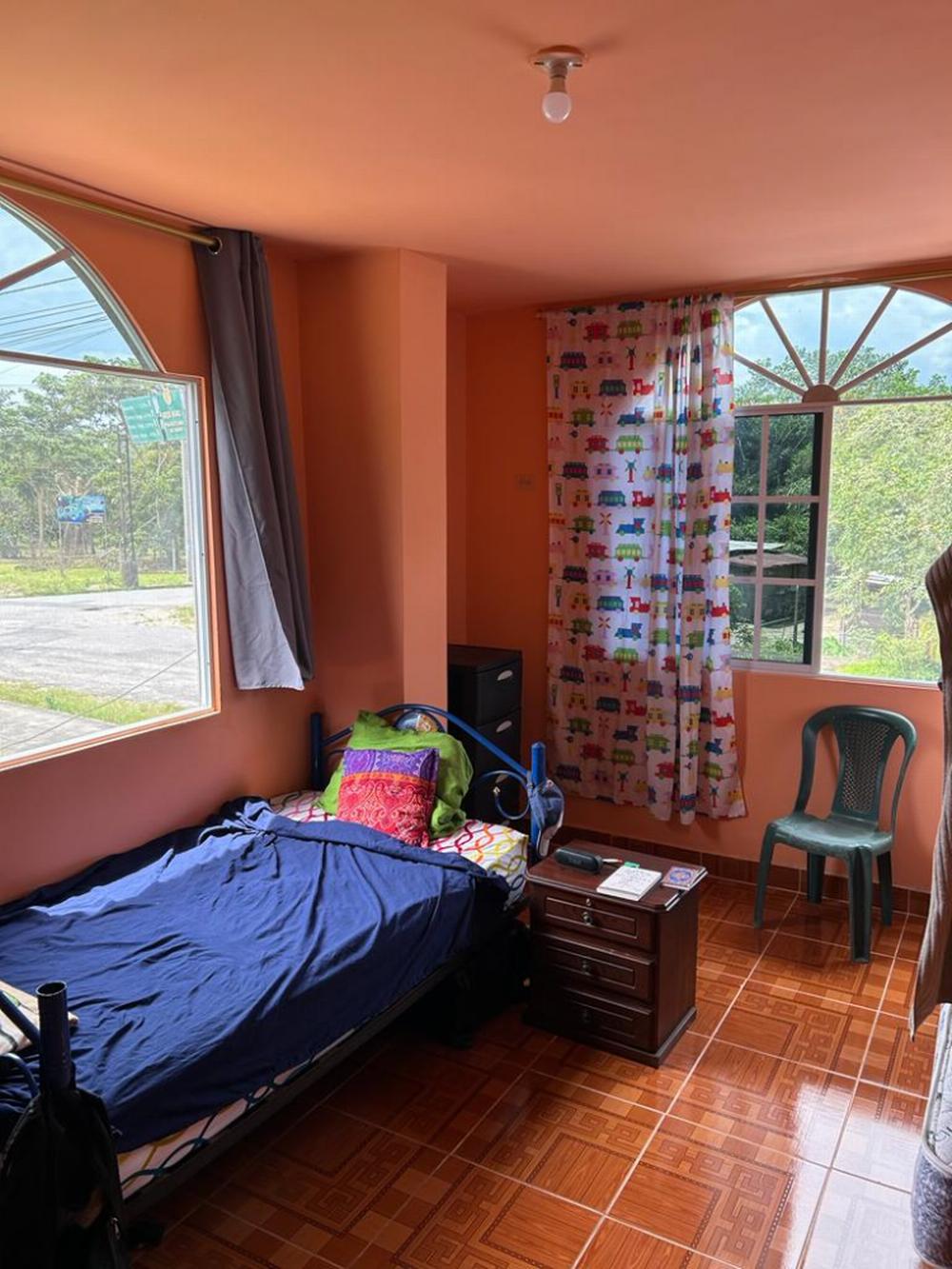
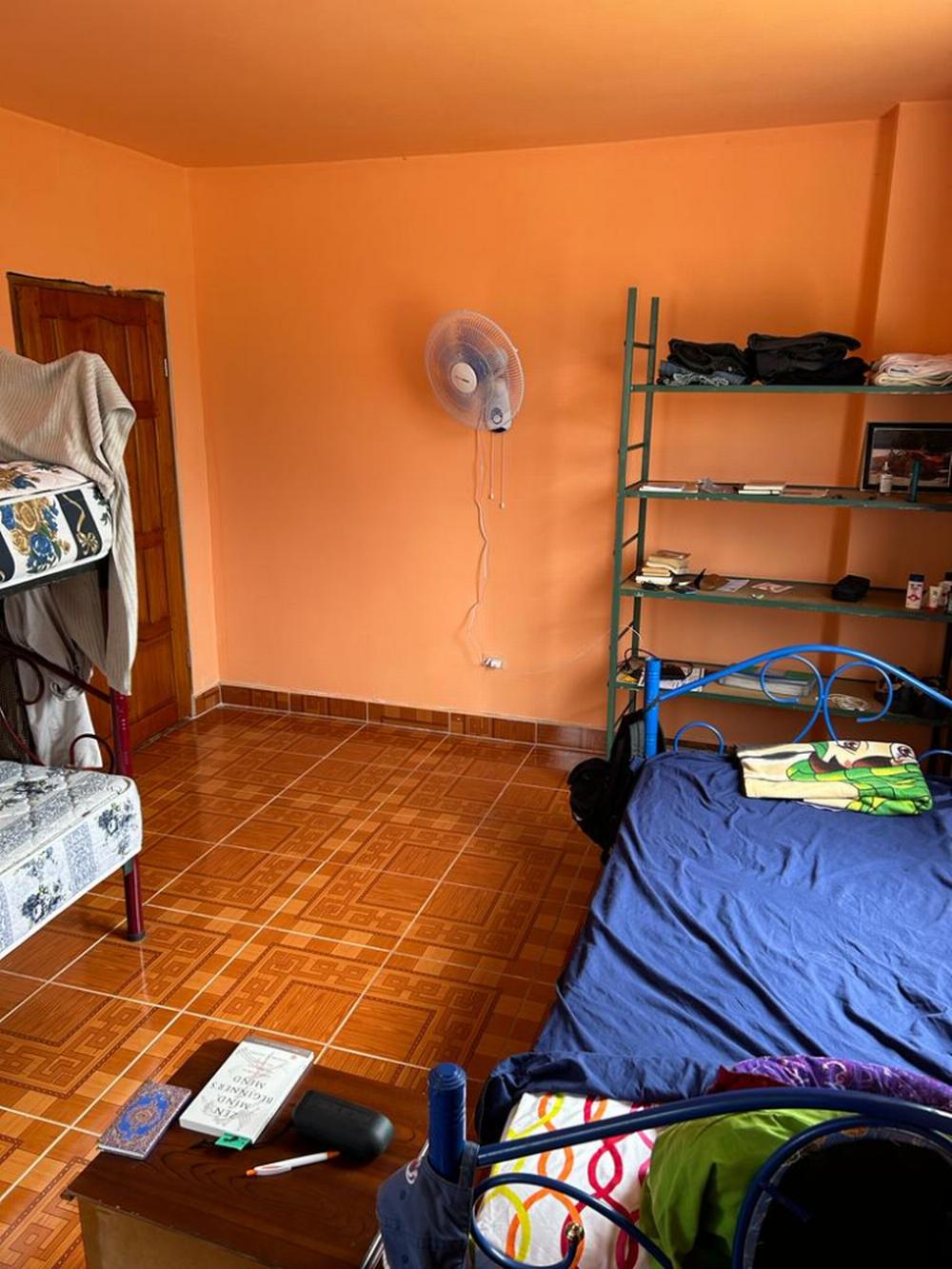
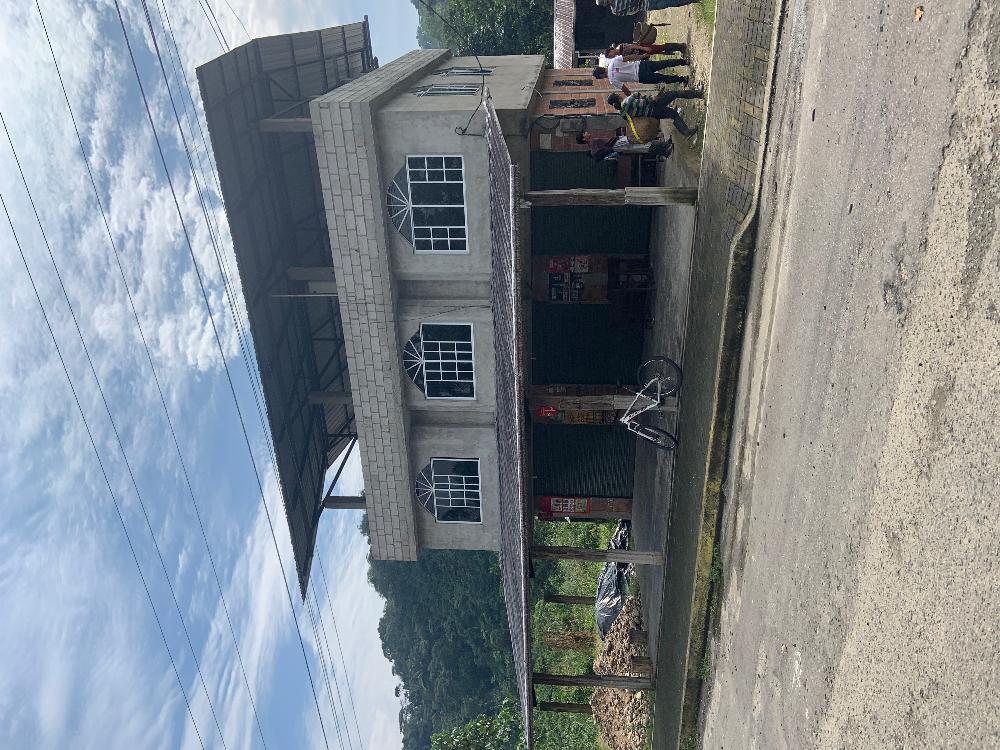 Housing + Food + Culture
Housing + Food + Culture
All interns will live in a shared house with other interns and fellows about a ten minute walk from Shandia. It has 4 generously sized bedrooms that generally house 2-3 interns at a time. There are also 2.5 bathrooms in the house, a rooftop terrace that offers panoramic views of the Amazon Rainforest, a fully equipped kitchen to cook, running water, electricity, and wifi. The house is situated above a local shop where interns are able to purchase any emergency items , like soap or shampoo packets, or about 30 minutes from the larger city of Tena where they will get groceries and can buy toiletries and supplies. Interns will have access to bicycles as well as the bus line to Tena and Shandia is located right in front of the house for easy access.
All interns have the option of doing a short-term homestay in a home in the community of Shandia as well for 1-2 weeks. These are generally organized by the intern with the help of Manna staff.
Most interns will prepare breakfast and lunch on their own from food available in the Manna house. Interns will generally cook dinner together. One day a week, the entire team will get together and eat at the ecolodge as an informal check-in and a way to enjoy the delicious, local Kichwa food. MPI provides every intern with a weekly food allowance. A portion of that allowance goes towards shared resources, like grains, vegetables, and beans. The rest is for the individual to use on personal food. Some people use it to buy food from local restaurants or food stands and others will use it on personal items from the grocery store like ice cream or cheese. We are able to accommodate all dietary recommendations, but recommend that interns mention to the Country Director as early as possible if they need any special accommodations (for example separate cookware) so that we can make sure that they are comfortable and healthy from day 1.
We are conveniently located in an area that is ripe for exploration. If you are interested in self exploration, we are about 3 km from Pimpilala Butterfly Sanctuary, La Laguna Azul, and many different trailheads for hikes in the Amazon. We have relationships with many local guides in Shandia who love to go out for hikes, invite interns to check out their chakras (family's farm fields), or who organize chocolate classes. We are also a 30 minute bus ride from Tena, where there is live music, cultural events, musical festivals, restaurants, and much more.
